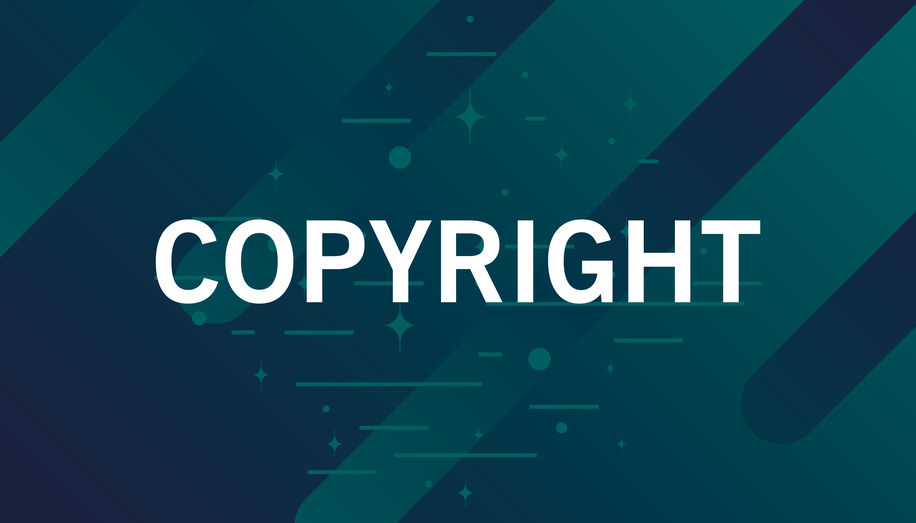What is Copyright?
Copyright is economic rights granted by United States laws, mainly through the Copyright Act of 1976, and its subsequent amendments and treaties, to the creators of artistic and literary works (writings, songs, paintings, photographs, dances, programs computer, compilations, among others) that meet two requirements: originality and work fixed in a tangible means of expression. Works generated from the date the law came into effect (January 1978) are automatically protected from the moment they are set in a tangible medium. That is, as soon as the work is created, complying with the two requirements mentioned above, it becomes the property of the author or authors, generally, and acquires all the rights and privileges that the law provides. No registration or publication is necessary if the work is created today.
How do you get a Copyright?
As mentioned above, there are two requirements for copyright – originality and fixation on a tangible means of expression. On the first requirement of originality, the law simply proposes that the work reflects a minimum degree of creativity, not a copy of another source or mere facts. For example, a cartoon drawing on a matchbox constitutes enough to acquire copyright, not a telephone directory organized in alphabetical order, since the latter does not require the use of human ingenuity or imagination, but a mere exercise of organization.
The second requirement of “fixed in a tangible means of expression” is understood as any way in which the work can acquire permanence and manifest itself. This includes canvases, walls, photographic tapes, papers, computers, among an infinity of other media, analog and digital, discovered and yet to be discovered.
Once the work has been brought to life, the author acquires a series of exclusive rights to it, known as the “bundle of rights”, which includes the following: reproduction of the work in copies; distribution of those copies; right to create works or adaptations based on the work; public display of visual works; public execution of performance and / or music works and; public execution through digital transmissions.
Who has Copyright Rights?
Generally, it is the author who acquires these rights, but having been hired for “work for hire”, or having been performed as an employee in ex officio functions, does not acquire the rights. The author can realize these rights himself or authorize third parties to do so, through licenses. In cases where a work has two or more authors (joint work), the rights to a work correspond to all of them. However, the consent of a single author is sufficient to license the work. The duration of such protection generally extends to the life of the author plus seventy years after his/her death. Once that term has expired, the work goes into the public domain and lacks protection.








